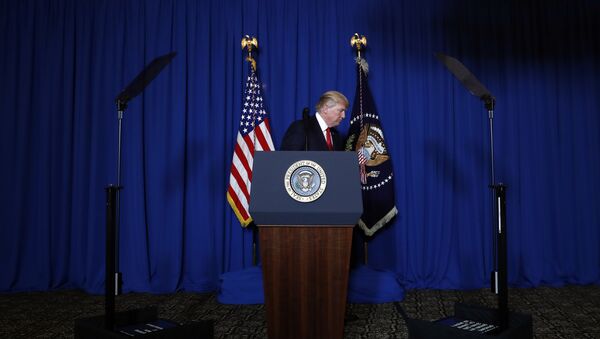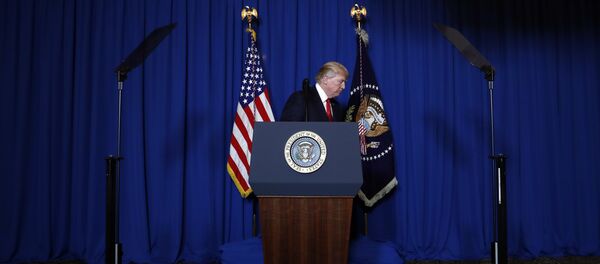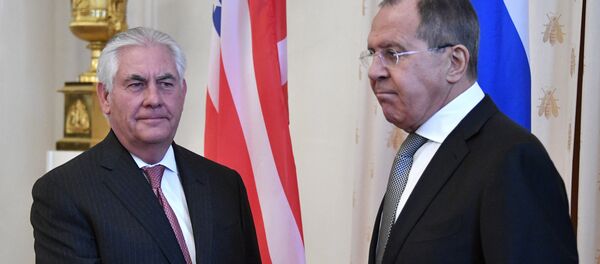"What we have just witnessed over here is a kind of capitulation on Trump's part. He had an idea for improving the relationship with Russia that he inherited from Obama. This was considered very undesirable by the military and national security bureaucracies. He has just surrendered on this point. That's what we have just watched," he said.
The relationship between Moscow and Washington was damage following the 2014 foreign-sponsored coup in Kiev, the subsequent civil war in Ukraine and Crimea's peaceful and democratic reunification with Russia. The Syrian conflict has also served as a major point of contention between the two powers that support opposite sides of the six-year-long crisis.
Trump wanted to reboot the tense relationship, but has largely been unable to deliver on this campaign promise.
"The foreign policy in the United States is now being set more or less directly by the Pentagon and it is sent to the White House by way of Lt. Gen. H.R. McMaster, an active duty officer, who is Trump's National Security Advisor. Trump has very few people, possibly none, left around him who are countering the Pentagon's perspective. That's quite serious," the political analyst said. "We are seeing this with China and we are seeing this with Russia, the two most important relationships America has outside of the Atlantic alliance."
The analyst further said that US Secretary of State Rex Tillerson's visit to Russia was not meant to build trust between the two countries.
"What we are watching with regard to Russia and China, the character of this administration's approach is very, very assertive and it's based on some shrouded measure of threat. Trump has said that if the Chinese don't help the US with North Korea, we'll go it alone. With regard to Russia, Tillerson is saying: 'You're either with us or you are with Assad.' These are veiled threats. I doubt Secretary Tillerson or anybody in the White House would ever use that term but that's what they amount to. I don't see that it's going to work. I don't see either Moscow or Beijing being responsive to this approach, but that's where we are. I find it very discouraging," he said.
"It is quite notable that the Putin administration is ever in search of restraint," he said, adding that Moscow is always open to cooperation. "The determinant lies in Washington. Does this administration wants to engage in diplomacy, cooperation on questions of mutual interest or not? Or is American primacy, hegemony if you like, the only consideration? It's up to the Americans really. In my read, Russia's perfectly willing to cooperate. I often find Moscow's patience quite remarkable to observe in the face of very offensive behavior and talk on the part of the Americans."
Have you heard the news? Sign up to our Telegram channel and we'll keep you up to speed!



